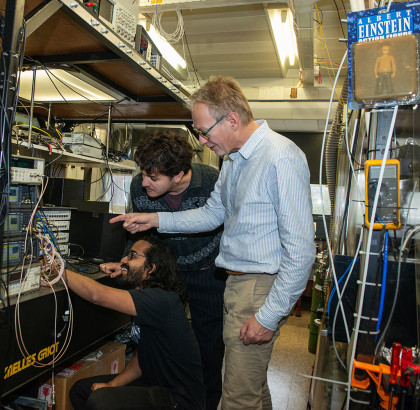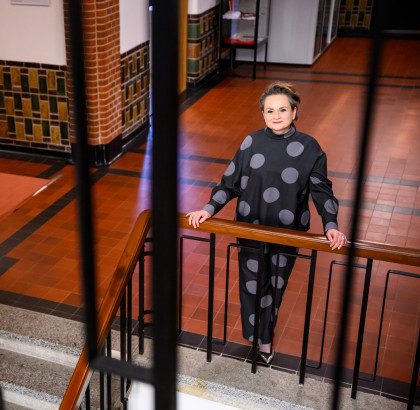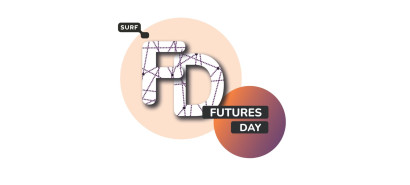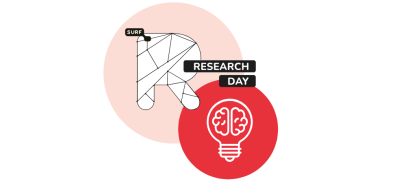Home
SURF is the IT cooperative of education and research
This is how we innovate IT in education and research
-
-
What you need to know about... DPIAs
16 minutes

-
Community
Vraagbaak Online Onderwijs
1029 followersOp deze website vind je praktijkverhalen over (digitale) onderwijsvernieuwing. Van AI en Virtual Reality in het onderwijs tot en met blended learning, onderwijstools, inclusief of flexibel onderwijs e...
-
Community
Online events
237 followersIn de huidige 1,5 meter samenleving zullen grote evenementen met veel studenten, medewerkers of onderzoekers voornamelijk online georganiseerd moeten worden. Denk hierbij aan de naderende introductiew...
Robert-Jan Korteland makes educational innovation visible
Ever since his early years in education, Robert-Jan Korteland has been putting his fascination with didactics into practice. With a background in optics and optometry, he wondered during his studies in educational sciences: “Can a teacher teach better if they can see in real time what a student is looking at?”

Vibrations and time transfer - unprecedented precision with new technology
SURF Time&Frequency gives researchers access to unprecedented measurement precision via fibre. University lecturer Jeroen Koelemeij, for instance, uses the service to measure atomic vibrations to twelve decimal places. The technology is also being investigated as a safer alternative to GPS. Read how it works in this real-life story.

"AI can be applied in education and research in a values-driven way"
Digital transition has been a central theme throughout Alexandra van Huffelen’s career. Now, as president of the Executive Board of Radboud University Nijmegen, she is committed to digital autonomy and the development of the region.

SURF agenda
-
SURF Futures Day
ConferenceTivoliVredenburg, Utrecht Conference
Conference -
SURF Research Day 2026
ConferenceGooiland, Emmastraat 2, Hilversum Conference
Conference -
SURF Security & Privacy Conference
ConferenceLeiden University, (location The Hague) Conference
Conference
Working at SURF
Working at SURF means working in an innovative organisation that plays an important role in society. Do you wish to set ambitious goals, and continue to develop your personal strengths? Then working at SURF might be just the thing for you.